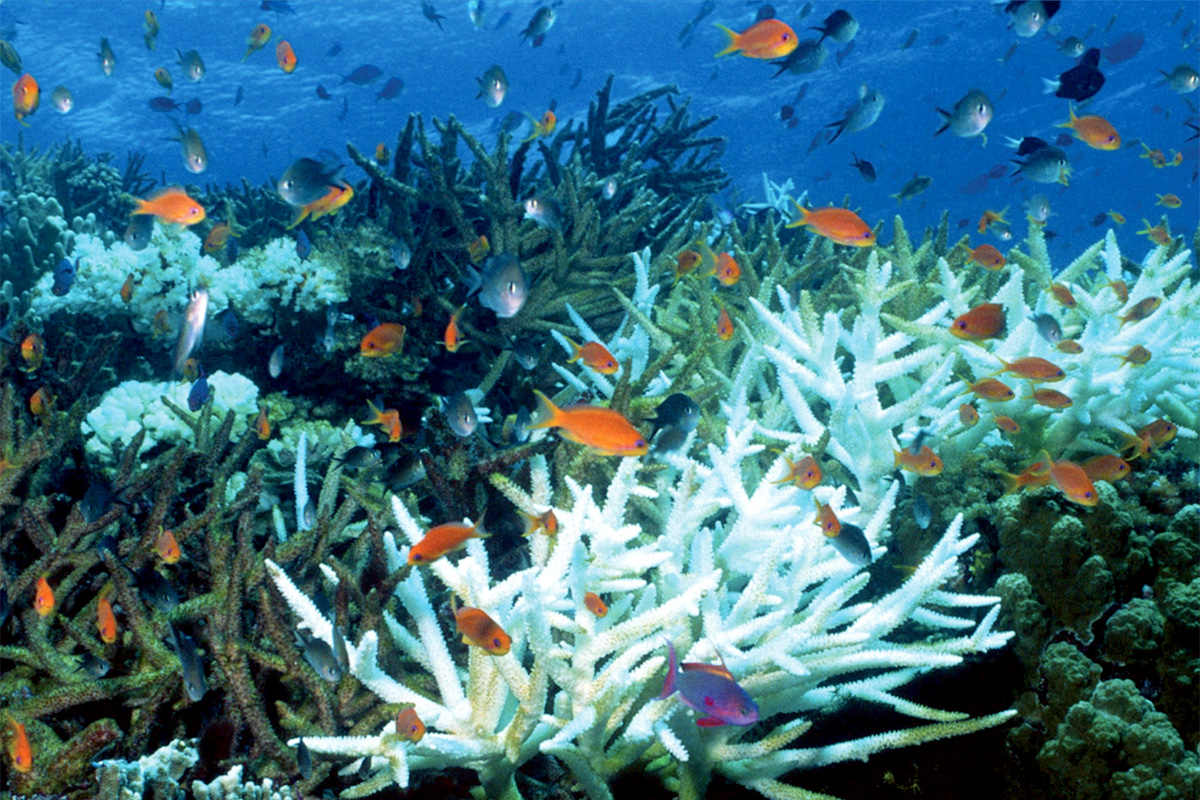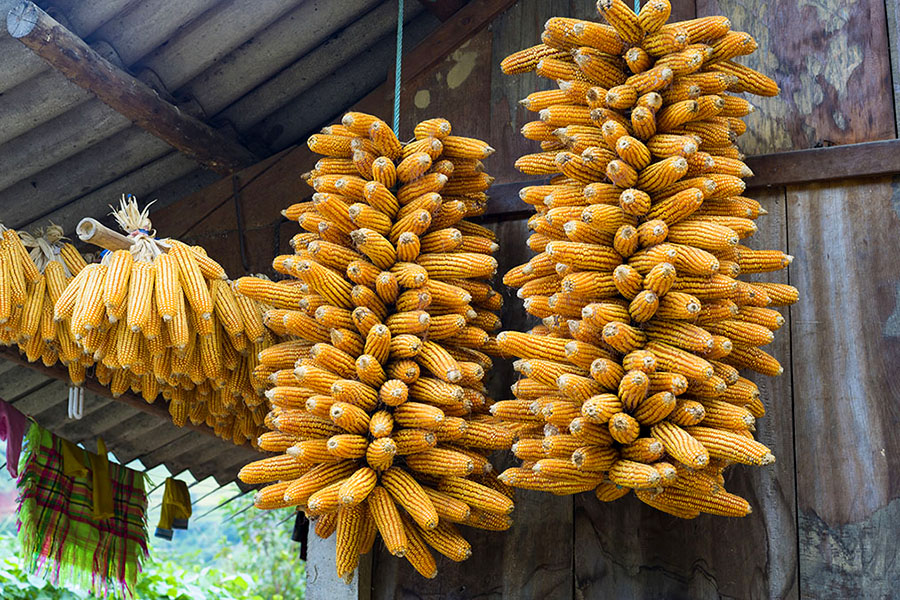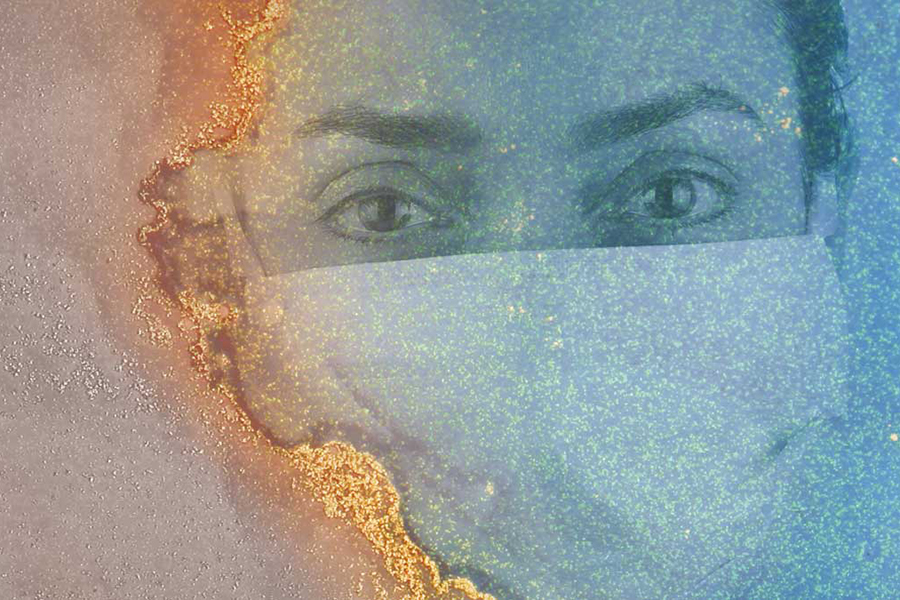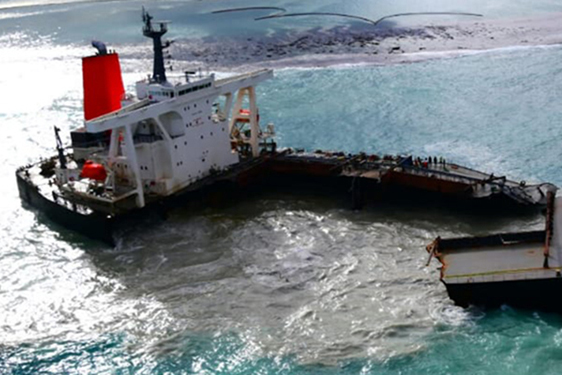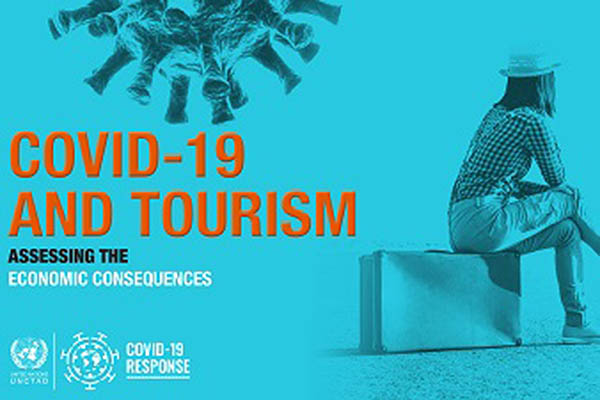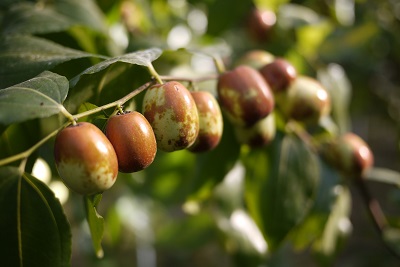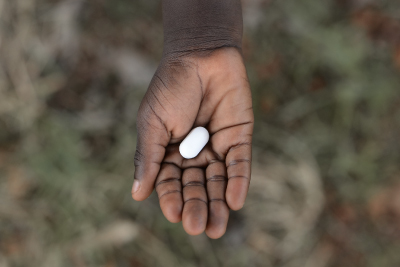UNCTAD launched its updated BioTrade Principles and Criteria, for governments and companies to conduct biodiversity-friendly trade in an environmentally, socially and economically sustainable manner. The term “BioTrade” refers to the commercialization of goods and services derived from a country’s biodiversity. Curtailing illegal wildlife trade is imperative to stop biodiversity loss, with an estimated one million plant and animal species now at risk of extinction. The threat is not only ecosystem collapse but also a heightened risk of new pandemics such as COVID-19.
UNCTAD
After a year of pandemic-induced lockdowns, there couldn’t be a better time to appreciate the creative economy. The United Nations is doing just this as it marks 2021 as the International Year of the Creative Economy for Sustainable Development.
As the second most planted crop in the country, maize has an important bearing on welfare in a land where almost a quarter of people live in poverty, and where the poverty rate is four times higher in rural communities than in urban areas. The UNCTAD study, Analyzing the maize value chain for export in Lao People’s Democratic Republic, highlights measures that could help the country’s farmers capture a larger share of value from maize exports, and support poverty reduction efforts.
Global markets and spirits are up with the news that two COVID-19 vaccines have shown to be more than 90% effective in late-stage clinical trials. But while there is growing confidence that an end to the health pandemic is in sight, an UNCTAD report published today warns that a viable vaccine will not halt the spread of economic damage, which will be felt long into the future, especially by the poorest and most vulnerable.
The government sees honey as a product that could help diversify the country’s oil-dependent economy and is working with UNCTAD and the European Union to improve production and boost exports. Angola currently produces 90 tons of honey each year, but an UNCTAD analysis showed that Angola’s 100,000 or so beekeepers – mostly small entrepreneurs – could easily more than double production to 200 tons. It’s possible to produce honey in every region.
A mineral tracking system designed by UNCTAD and the Zambian government makes it easier to detect illicit trade practices that drain billions of dollars each year from the copper-rich nation and its people. The government recovered about $1 million in unpaid export dues from mining companies just one year after piloting the system in 2016. In addition to tracking copper and other minerals, the system allows mining companies to submit their monthly mineral production reports electronically instead of travelling to the capital Lusaka to submit them in person.
In the face of a deep global recession amid a still unchecked pandemic, the world needs a global recovery plan that can return even the most vulnerable countries to a stronger position than they were in before COVID-19, says UNCTAD`s Trade and Development Report 2020. According to the report, key to success will be tackling a series of pre-existing conditions that were threatening the health of the global economy even before the pandemic hit.
For Mahmood Patel, 2020 was supposed to be a bumper year for his Barbados-based, tourism-dependent small business ventures. They include beach-front apartments, an organic farm-to-table café and Coco Hill – a 53-acre agro-tourism rainforest that offers guided tours and is dedicated to promoting food security and land rehabilitation. The Barbadian entrepreneur says 2019 was the best year he had in almost a decade, and 2020 was tracking to be even better. But those hopes were dashed when, in March, the sector came to a standstill, as Barbados closed its borders and announced a complete lockdown to stem the spread of the coronavirus pandemic.
Often close to world shipping lanes, small island and coastal nations are at particular risk from oil spills. Reliant on the marine environment and its biodiversity for tourism, fishing and aquaculture, islanders face an existential threat when oil spills happen in their waters. This is why the environmental crisis unfolding in Mauritius brings into focus the international legal framework in place to provide support when ship-source environmental disasters strike.
Even though Coronavirus lockdowns around the globe have led to a dramatic 5% drop in greenhouse gas emissions, not all measures have had a positive impact on the environment. Our streets, beaches and ocean have been hit by a tidal wave of plastic waste including face masks, gloves, hand sanitizer bottles and food packaging. Global trade policies could play an important role in the fight against plastic pollution. Besides regulating the production and consumption of plastics, UNCTAD also urges governments and businesses to identify non-fossil fuel plastic substitutes.
Global consumers are warming up to electric cars, whose sales are expected to jump from 3 million vehicles in 2017 to 23 million in 2030, according to the International Energy Agency. Similar growth is expected for rechargeable batteries. While this is great news for efforts to cut greenhouse gas emissions, an UNCTAD report says the expected boom in mining for the raw materials used to make rechargeable batteries raises environmental and social concerns that must be urgently addressed.
The coronavirus crisis is pushing critical economic, social and environmental development targets beyond reach, warned UNCTAD through its 2020 SDG Pulse.
An UNCTAD report shows the world’s tourism sector could lose at least $1.2 trillion, or 1.5% of the global gross domestic product, after four months of standstill due to the pandemic.
A small business making natural products from jujube and tamarind has kept its doors open and workers safe thanks to the BioTrade principles and criteria for the sustainable commerce of plant and animal-based goods and services adopted before the pandemic. Besides being turned into healthy juices and syrups, the Jujube tree’s red fruit, commonly known as a red or Chinese date, is a key ingredient in traditional medicines. A slight drop in turnover hasn’t put the company’s future in jeopardy, which is important for women’s economic empowerment in the township, as 90% of factory employees are female.
With more than 100 projects to develop a COVID-19 vaccine underway around the globe – eight of which have entered the clinical stage – hope is growing for a miracle breakthrough. But so is concern over who would and would not have access to the shot, if and when one is approved. UNCTAD and the WHO have teamed up to respond to the urgent call to boost local production of essential medicines in developing countries.

